Poached

Poached eggs are one of the healthiest ways to consume an egg. They're low in saturated fat, contain no dietary cholesterol and packed full of nutrient-rich protein.
BBC Good Food reports that a poached egg is an excellent source of vitamin A and zinc, both essential nutrients for immune health. Furthermore, it provides all nine essential amino acids necessary for human growth which the body cannot produce on its own.
Poaching an egg for poaching requires fresh grade AA eggs with thick and firm whites and a strong yolk. Doing this prevents the egg from creating wispy whites in the water vortex, which may be difficult to remove once cooked.
Hard-Boiled
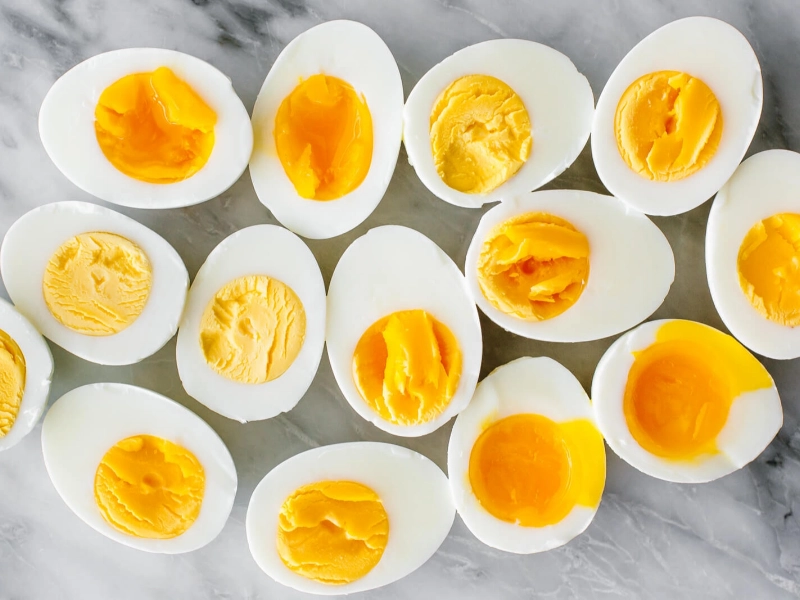
Hard-boiled eggs make for a nutritious and filling breakfast that can aid weight loss. Not only that, but they provide essential vitamins A and C as well as protein to jumpstart your day!
Vitamin D is essential for women of childbearing age, as it helps with calcium absorption and prevents osteoporosis. Furthermore, spinach provides essential nutrition to support fetal development in pregnant women.
Eggs are an excellent source of lean protein that will fill you up and increase energy levels, according to nutrition expert Rachel Tomaino, RDN, LDN. Plus, just one large egg contains less than two grams of saturated fat - perfect for those on the go!
To maximize the nutritional content of your eggs, opt for high-quality eggs and cook them in heat-stable whole animal fats like tallow or lard. The shorter you cook them at lower temperatures, the greater their nutrient retention.
Scrambled

Eggs are an incredibly nutritious food that can be enjoyed in many forms. Not only are they high in protein, but also contain fat-soluble vitamins like A, D and B12 as well as heart-healthy nutrients like vitamin K and choline. Eggs make for a nutritious breakfast or nutritious snack choice!
They're low in calories and saturated fat, as well as a great source of calcium and vitamin D - essential for bone health.
However, as with any food item, how you cook eggs can have a significant effect on their nutritional value. Overcooking may result in the loss of water-soluble vitamins like vitamin D and K.
For the perfect egg breakfast, try making scrambled eggs! They're incredibly simple to prepare and can be ready in just minutes.
Fried

Eggs have long been recognized for their health benefits and nutritional value, making them a go-to food group for many. Packed full of protein and packed with essential nutrients, eggs make for an ideal addition to anyone looking to increase their daily serving size of this nutritious group.
For optimal health, fry an egg in a pan coated with healthy fats like olive oil or ghee. These oils have been known for their capacity to promote cell growth and help keep a healthy body weight.
Fried eggs can be deceptively tasty, but should not be consumed often due to their high fat content. Cooking them at high heat can break down and oxidize the nutrients in the yolk, decreasing their nutritional value in the long run.
Advertisement
Recommended Reading: Best Way to Longevity


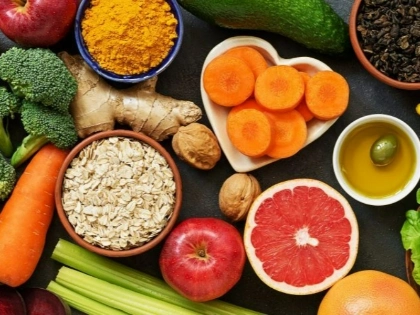


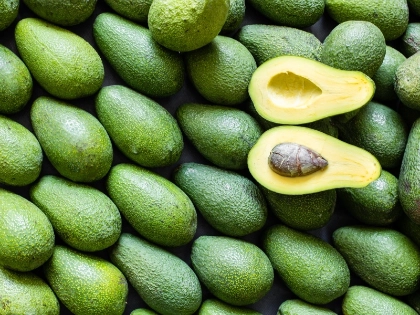
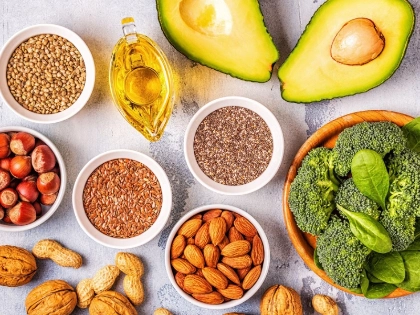














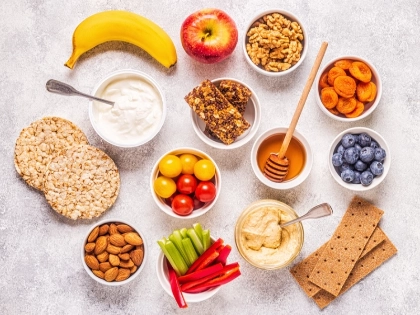


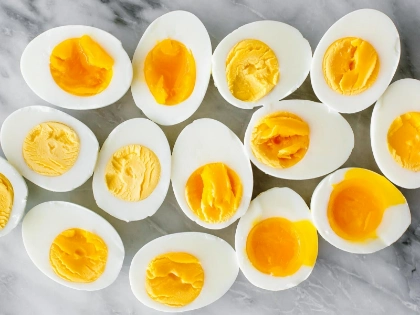
Comments
Leave a Comment
Your email address will not be published. Required fields are marked *